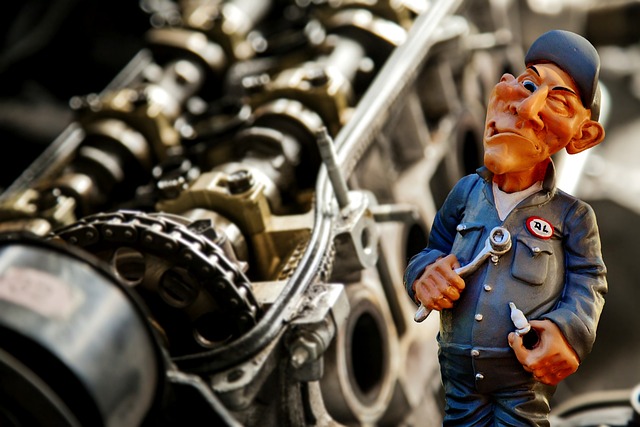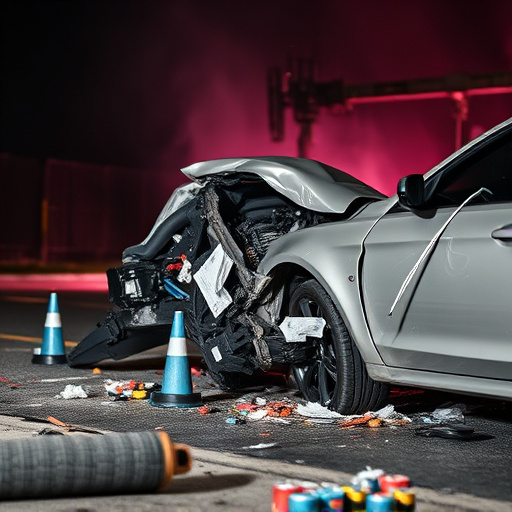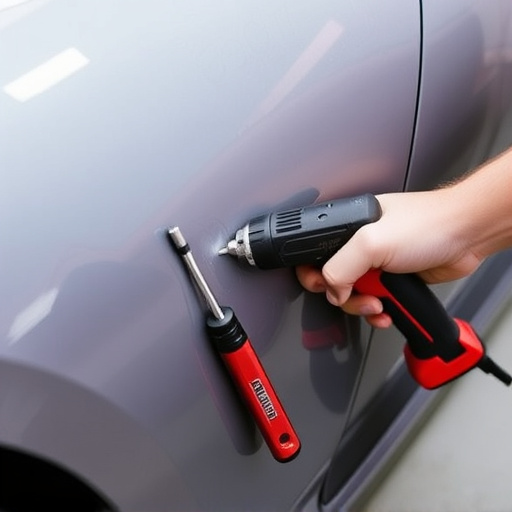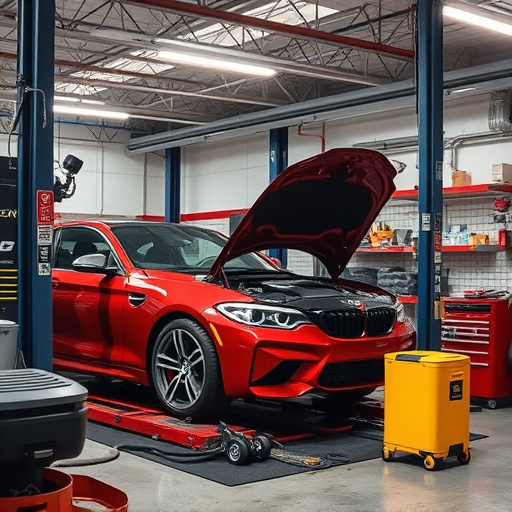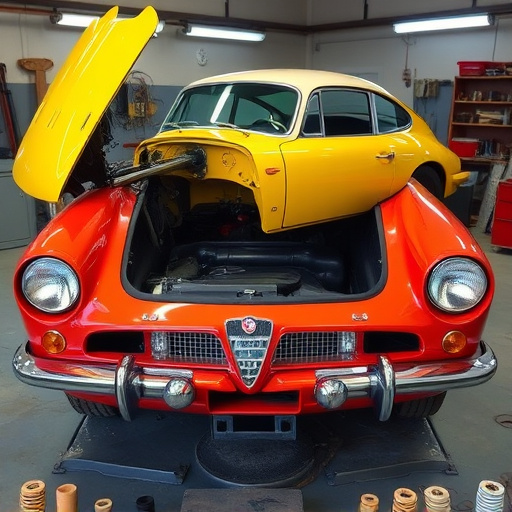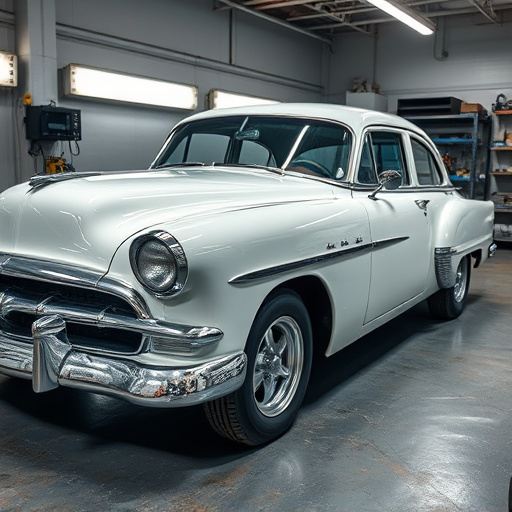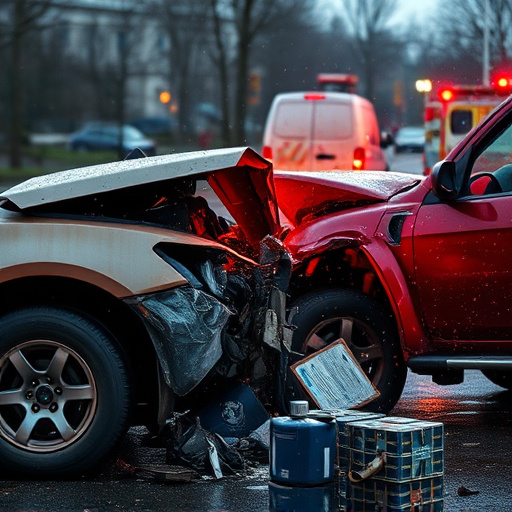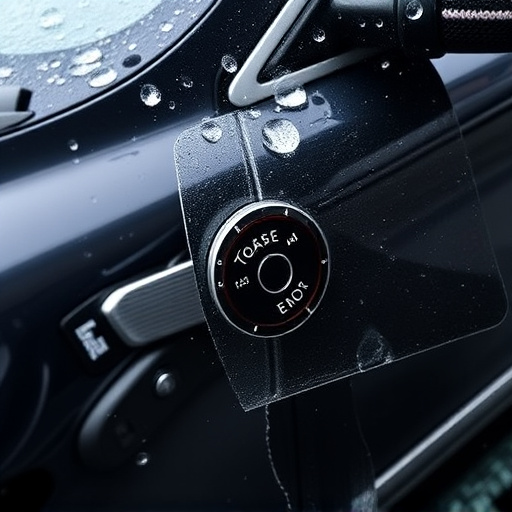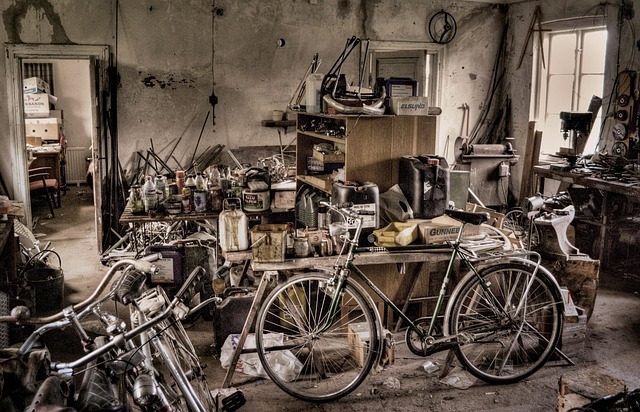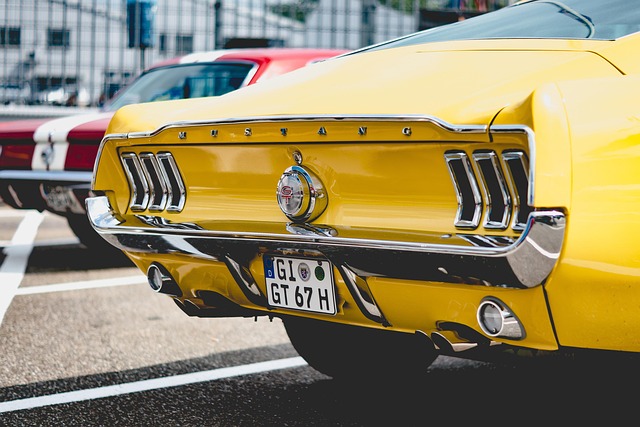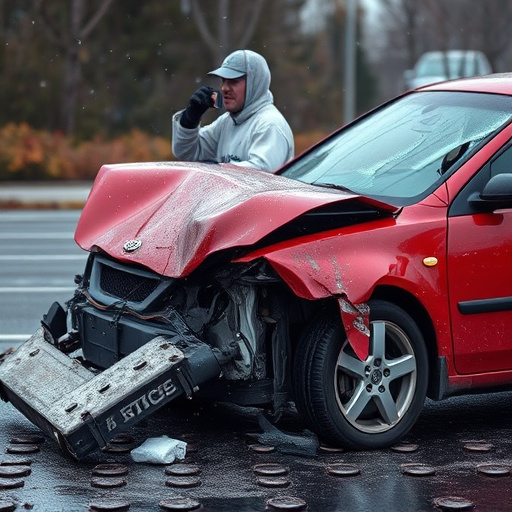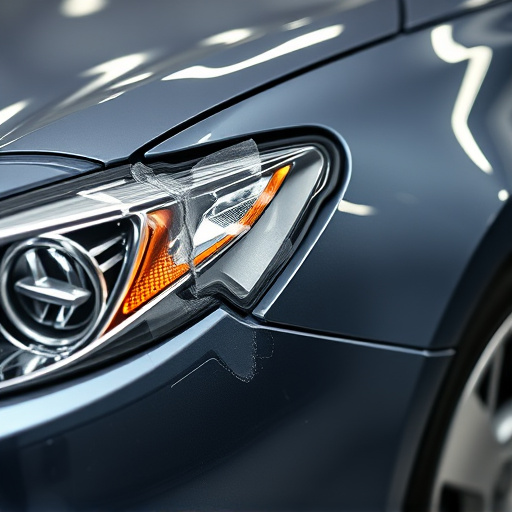Regular Mercedes glass sensor calibration (every 12 months or per manufacturer advice) is crucial for vehicle safety and performance. Accuracy prevents erratic features & potential hazards, reduces costly repairs, and ensures smooth window operation, enhancing driver comfort and road safety, especially after bodywork or tire services. Crucial for fleet operations too, where varying conditions can cause sensor drift.
Mercedes glass sensor calibration is a critical service that ensures your vehicle’s advanced safety features function optimally. Understanding common glass sensor issues is the first step. This article delves into when regular calibration is essential, emphasizing the importance of timing for optimal performance. Learn how to navigate potential problems and optimize your Mercedes’ sensor accuracy, ensuring a safer driving experience.
- Understanding Mercedes Glass Sensor Issues
- When Regular Calibration is Necessary
- Optimizing Performance: Timing for Services
Understanding Mercedes Glass Sensor Issues
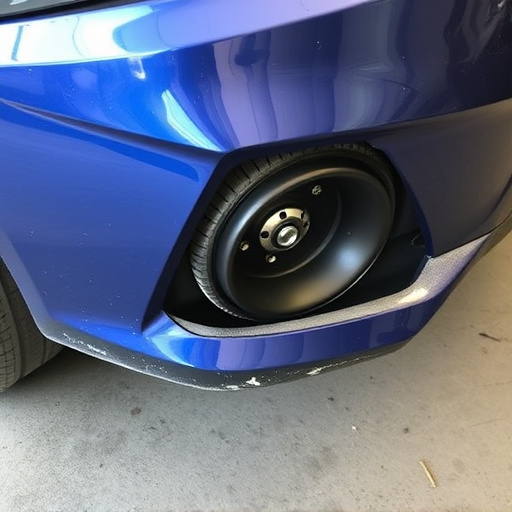
Mercedes glass sensors play a crucial role in modern vehicle safety systems, from adaptive cruise control to lane-keeping assist. Over time, these sensors can become misaligned or contaminated, leading to reduced accuracy and potential safety hazards. Issues with Mercedes glass sensor calibration may manifest as unexpected behavior from active safety features, such as erratic braking or steering assistance.
Proper calibration ensures that these sensors are functioning optimally, providing accurate data to the vehicle’s control systems. Regular Mercedes glass sensor calibration services help prevent costly car damage repair and even more severe auto body repair due to misdiagnosed issues. In light of potential impacts on safety and performance, it’s essential to address any sensor malfunction promptly, whether caused by natural wear or events like hail damage repair, to ensure the vehicle operates at its peak efficiency.
When Regular Calibration is Necessary
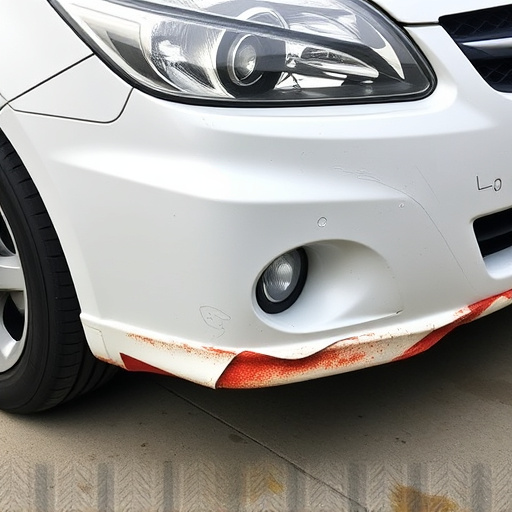
The Mercedes glass sensor, responsible for monitoring the alignment and integrity of your vehicle’s windows, requires regular calibration to ensure optimal performance. Over time, factors like changes in weather conditions, road vibrations, and normal wear can impact the sensor’s accuracy. Therefore, a periodic check-up is necessary to maintain the precision of this critical component.
Regular calibration becomes especially crucial if you’ve recently undergone any car bodywork repairs or tire services, as these adjustments might influence the vehicle’s overall alignment. By scheduling Mercedes glass sensor calibration at such times, you ensure that your car’s windows operate smoothly and safely, enhancing both driver comfort and road safety.
Optimizing Performance: Timing for Services
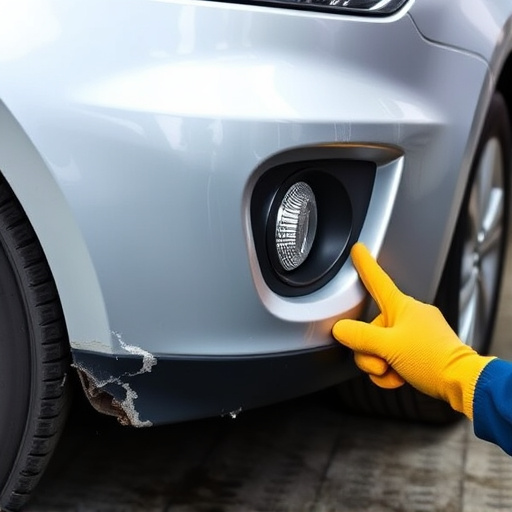
The timing for Mercedes glass sensor calibration services is a crucial aspect of optimizing your vehicle’s performance and safety. Regular calibration ensures that your car’s sensors are functioning accurately, which is essential for maintaining optimal driving dynamics. In today’s digital era, where precision is key, even minor deviations in sensor readings can impact overall vehicle performance. Therefore, scheduling these services at regular intervals, typically every 12 months or as recommended by the manufacturer, is a proactive step towards enhancing safety and reliability.
For fleet repair services or auto body repairs involving Mercedes vehicles, staying on top of glass sensor calibration is even more critical. Commercial fleets often cover extensive distances, exposing sensors to varying environmental conditions that can lead to drift in readings over time. Regular calibration ensures that each vehicle performs at its best, maximizing safety and efficiency. Similarly, for auto body repairs where glass components have been replaced or adjusted, recalibration is essential to ensure the vehicle’s systems work seamlessly together after any structural changes.
Mercedes glass sensor calibration services are essential for maintaining optimal vehicle performance and safety. By understanding common issues and regular calibration needs, owners can ensure their car’s sensors operate efficiently. Timely calibration is key to preventing problems, enhancing driving experience, and ensuring the longevity of your Mercedes’ advanced technology. Regular attention to these maintenance needs will keep your vehicle running smoothly and safely on the road.
